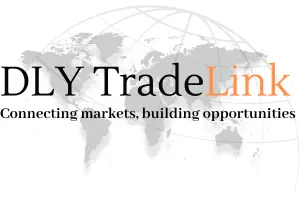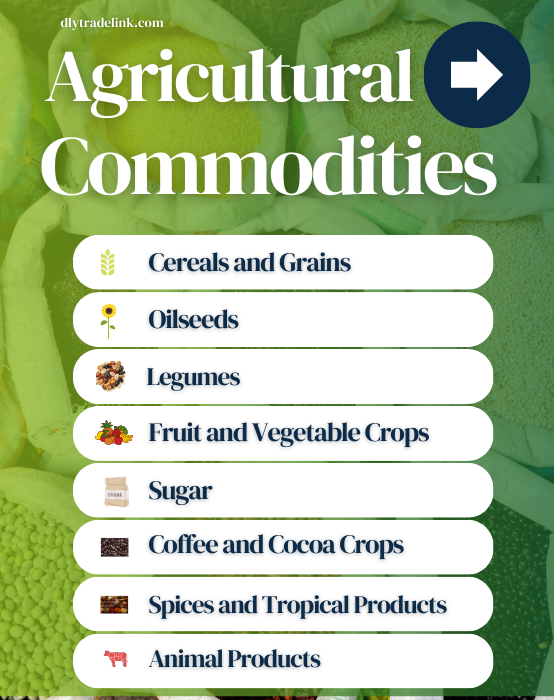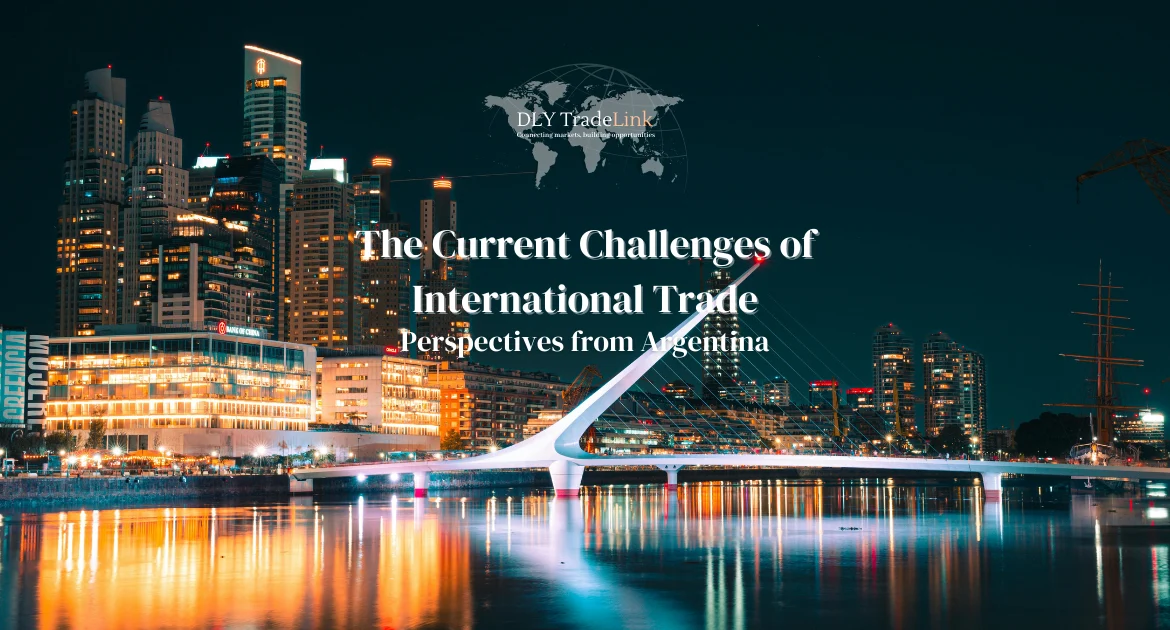In the current landscape of Argentina, international trade faces a myriad of significant challenges, particularly under the new government led by Javier Milei, known for his libertarian liberal policies. These challenges require a thorough analysis to comprehend their impact on the Argentine economy and its international trade operations.
One of the primary challenges confronting Argentine international trade is macroeconomic volatility, which has been a persistent feature in the country’s economy in recent years. Fluctuations in the value of the Argentine peso against other foreign currencies can significantly affect the competitiveness of Argentine exports and imports, as well as businesses’ ability to plan for the long term. Under Milei’s government, policies aimed at stabilizing the economy and strengthening the national currency are expected, potentially positively impacting investor confidence and Argentina’s ability to engage in international trade more robustly.
Another significant challenge is the need to diversify export markets. Argentina has historically relied heavily on a small number of trading partners for its exports, making it vulnerable to fluctuations in demand from those countries. Under Milei’s leadership, there is an anticipated push towards opening up new markets and exploring trade opportunities in less traditional regions, potentially diversifying the country’s export profile and reducing its exposure to specific market risks.
Furthermore, protectionism and trade barriers in other countries represent a constant challenge for Argentine exports. The imposition of tariffs and other restrictive measures by trading partners can hinder Argentine products’ access to certain international markets. In this regard, the Milei government could adopt a more proactive stance in advocating for Argentine commercial interests internationally, seeking to reduce trade barriers and promote the opening of new markets for domestic products.
On the other hand, deficient logistical infrastructure in Argentina is a significant obstacle to international trade. High transportation costs and inefficiencies in ports and roadways can increase the cost and time of commercial operations, impacting the competitiveness of Argentine businesses in the global market. Under the Milei government, an increase in infrastructure investment and improvements in logistical processes are expected, potentially facilitating international trade and enhancing Argentina’s ability to compete globally.
In summary, Argentine international trade faces a range of significant challenges in the current political and economic context of the country. However, under the leadership of the Javier Milei government, there are opportunities to address these challenges and strengthen Argentina’s position in international trade. The adoption of policies promoting macroeconomic stability, market diversification, reduction of trade barriers, and improvements in logistical infrastructure are crucial to leveraging the country’s potential in the international trade arena.
DLYTradeLink #InternationalTrade #Intermediaries #DLYTradeLink #BusinessExpansion #GlobalArgentina #InternationalLogistics #EconomicGrowth #GlobalBusiness #StrategicLeverage #BusinessExcellence #InternationalSuccess #BusinessGlobalization #BusinessOpportunities #GlobalConnections #BusinessCompetitiveness #CommercialInnovation #CustomerService #InternationalExperience #BusinessDevelopment #GlobalCollaboration






